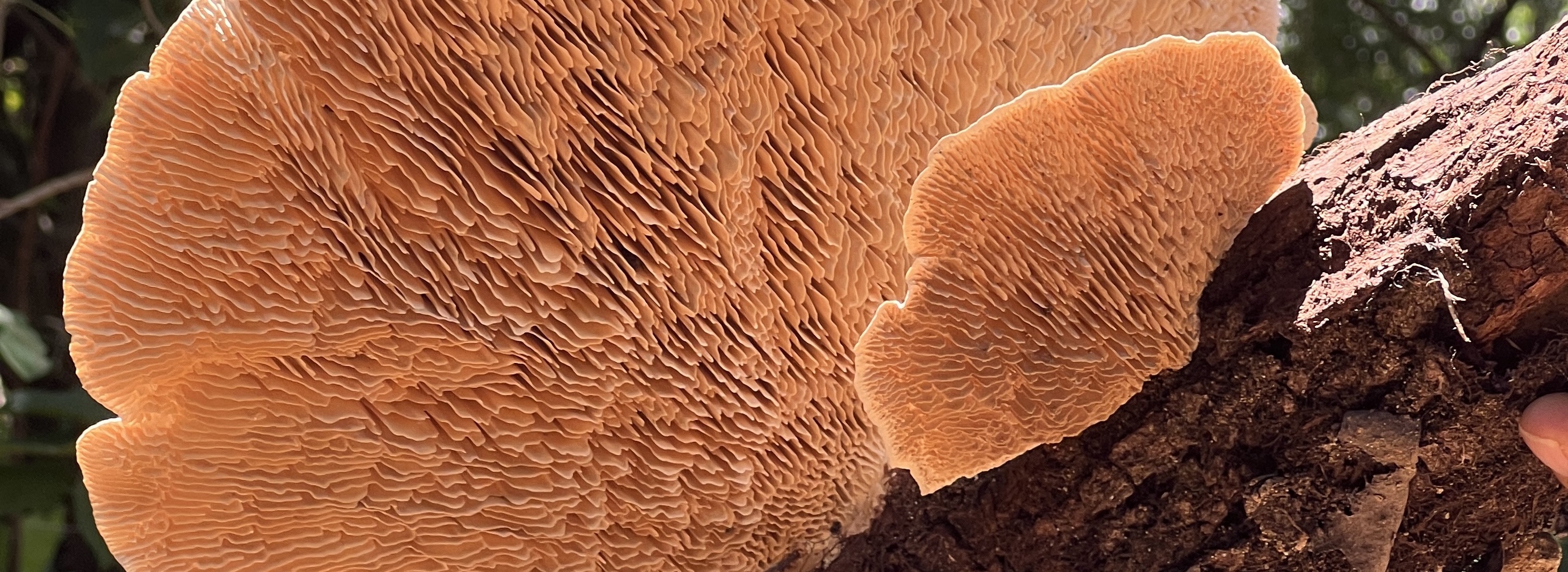
Monteverde Institute: Tropical Ecology and Conservation
Alternative Title
Los efectos de las prácticas agrícolas sobre la calidad y la cantidad de nectar en coffea spp
Files
Download Full Text (194 KB)
Publication Date
May 2009
Abstract
In the developing world traditional low-input farming practices are being replaced with high-input practices as a way to increase yield. The environmental and economic impact of inputs has driven researchers to seek ways to minimize inputs while maximizing crop yields. In some crops, like Coffea spp., pollination plays an important role in yield. The purpose of this experiment is to compare nectar quality and quantity of Coffea flowers between low-input and high-input farms, demonstrating a link between practices, pollination, and crop yield. I found that more traditional, low-input practices have higher sugar concentration than high-input practices (t = 2.82; p = 0.006). The mean sugar concentration for the high-input practice is 27.9% ± 3.0 and for the Low Input practice is 29.8% ± 3.4. Although, there was no statistical difference between nectar quantities (t = 1.35; p = 0.19), there was a trend toward higher quantities in low-input practices. The mean quantity for the high-input practice is 0.047 ± 0.02 mm and for the low-input practice is 0.07 ± 0.13 mm. Though preference studies in pollinators, like honeybees, (Apis mellifera) show bees cannot distinguish between nectars of less than 4%, perhaps patches with higher quality nectars receive better pollinator service and impact farm yield. The more traditional, low-input farm has 2% higher yields. Though data suggest a link between management and nectar quality, further study is needed to more directly link reward, pollinator service and yield.
Resumen
En los países en desarrollo las practicas tradicionales de poco impacto están siendo remplazados por técnicas de mayor impacto como una forma de incrementar su producción. Los impactos ambientales y económicos de las técnicas de cultivo han llevado a los investigadores a buscar formas de minimizar el impacto y aumentar la producción. En algunos cultivos, como el café la polinización juega un papel importante en la producción. El objetivo de este experimento fue comparar la calidad y la cantidad del néctar en las plantas de café, para demostrar un enlace entre las prácticas del cultivo, la polinización y la producción.
Keywords
Sustainable agriculture, Pollination by bees, Crop yields, CIEE Spring 2009
Palabras claves
Agricultura sostenible, Polinizado por abejas, Rendimiento de los cultivos, CIEE Primavera 2009
Extent
6 pages
Geographic Location
San Luis (Puntarenas, Costa Rica)
Holding Location
Monteverde Institute
Language
English; Spanish
Media Type
Articles
Format
Digital Only
Identifier
M39-00527
Type
Book
Recommended Citation
Carter, Jennifer, "The effects of farming practices on nectar quality and quantity in Coffea spp, May 2009" (2009). Monteverde Institute: Tropical Ecology and Conservation. 52.
https://digitalcommons.usf.edu/tropical_ecology/52


